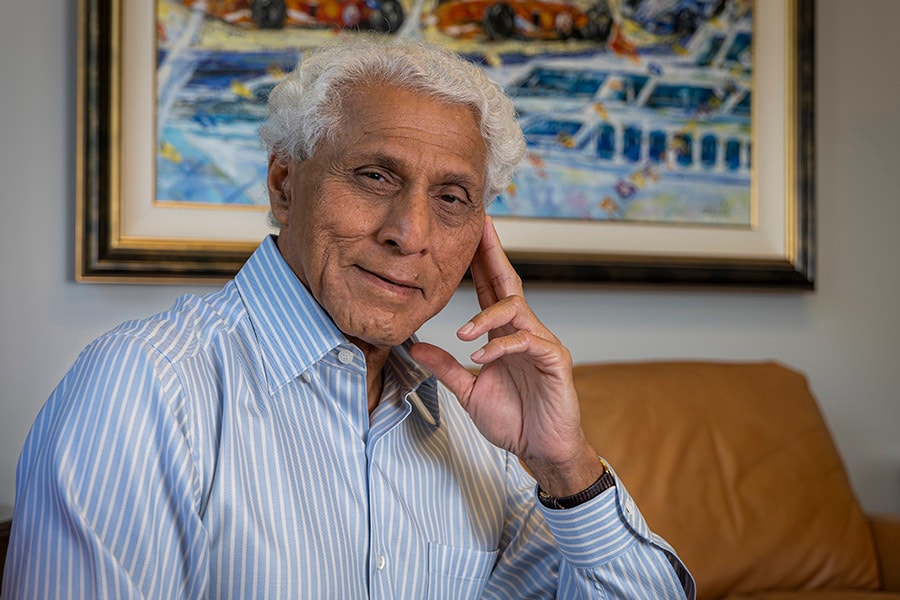
India has high quality AI scientists but Indian businesses yet to make the most of AI solutions: Romesh Wadhwani
The Indian-American billionaire and CEO of SymphonyAI on his 50-year entrepreneurial journey and why businesses that are early adopters of AI will be the ones to create sustained business advantages
 Romesh Wadhwani, CEO of SymphonyAI
Romesh Wadhwani, CEO of SymphonyAI
From getting rejected by 124 VC firms to building a company which brings in $2.5 billion in annual revenues, and becoming a listee of Forbes’ richest people in the world, SymphonyAI CEO Romesh Wadhwani has transformed and built over 40 companies in his 50-year entrepreneurial journey. In a conversation with Forbes India, the 74-year-old speaks about starting his first company in a foreign country, the challenges he faced along the way, diversifying business into AI and its role in replacing jobs. Edited excerpts:
How is SymphonyAI different from other AI firms?
One of our biggest differences is the way we've structured our company around various vertical business units, each of them serving a different purpose. We are targeting life sciences, hospital systems, retailers, consumer packaged goods companies, financial services companies, manufacturers, and media companies.
The second thing we've done is that rather than trying to sell the technology platform, we are selling solutions. We have developed our EurekaAI technology platform primarily to help us offer the best value generating solutions for our customers, not because we want to just sell the technology or the platform technology by itself. So we use the platform technology as an enabler to create better solutions faster than we would be able to.
According to you, how far has India come in implementing artificial intelligence?








